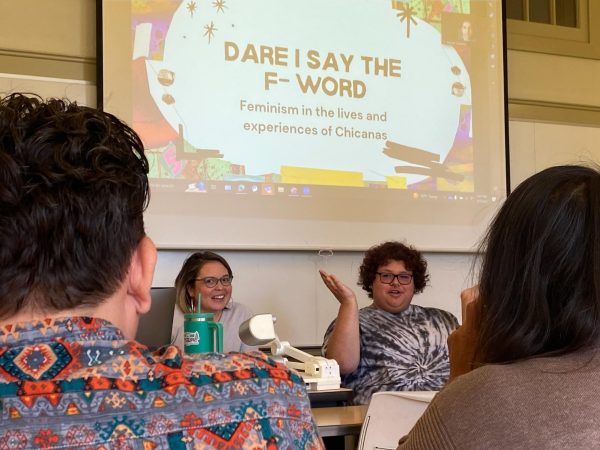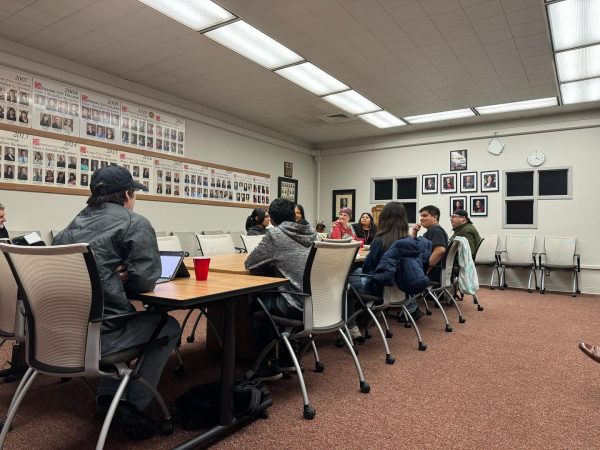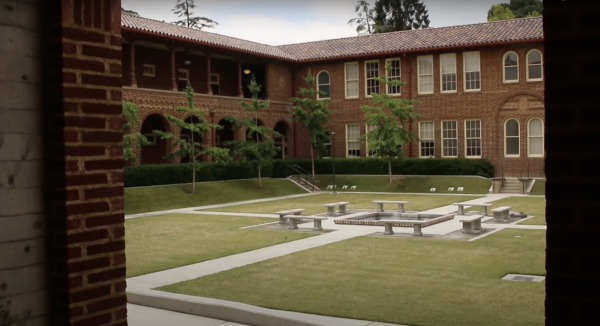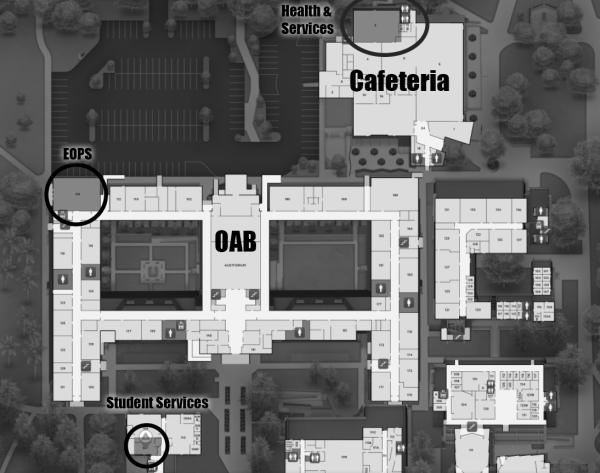Personnel Commission Refuses to Hear Out-of-Class Pay Petition
A petition by a Fresno City College employee was once again excluded from the agenda of the Sept. 29 meeting of the personnel commission due to jurisdiction and procedural reasons.
In addition, the legal counsel for the district advised the commission to respond with “no comment” to all inquiries about the ongoing case involving the staff complaint of discrimination and out-of-class pay.
“We’re not going to be commenting,” Pamela Freeman-Fobbs, the chair of the personnel commission said during the Sept. 20 meeting. “One thing that I can say is that at every step of the way, we have had to conform with our legal counsel [Greg Taylor].”
Some feel that the usage of a district’s counselor is a conflict of interest.
“Greg Taylor represents State Center Community College District with both of my DFEH [department fair employment and housing] cases,” Sabrina Gray said. “So when I heard [the personnel commission] was allowing him to dictate me not being on the agenda this was state center using their power to not allowed me to openly address the issue.”
In a merit-based system, such as is used at Fresno City College, the personnel commission is supposed to be independent of the SCCCD board of trustees.
George Cole, executive director of the California School Personnel Commissioners Association, spoke before the board and the commission in an attempt to clear up the vague relationship between the board, the unions and the personnel commission.
The commission acts and appoints personnel to “ensure the impartiality of the Commission,” Cole explained in his presentation.
“He [Taylor] is the legal counsel for the college,” Sabrina Gray, who filed the complaint said in her public comment. “And this is where I’m confused because you’re the personnel commission. So basically, I’m still having to deal with FCC.”
According to Elba Gomez, the director of classified personnel for the commission, the usage of the district’s lawyer is within the education code. “The ed code says that that’s our legal counsel,” Gomez said. “If he has a conflict of interest, he declares it. We have an outside legal counsel that we use when he declares a conflict.”
One of the issues with putting Gray’s complaint in the agenda is the jurisdiction the personnel commission has over the matter.
Email correspondences submitted to the board show an exchange between Gray and Gomez, the director of classified personnel for the commission, where Gray requested to be put on the agenda.
“My question is working out of class and discrimination,” Gray said. “That is something that CSEA does not deal with, based on the ed codes. You guys are also an avenue to deal with discrimination when it comes to working out of class.”
In response to the request, Gomez noted that the nature of the complaint falls outside the scope of the commission. “The request of the commission has to do with discrimination,” Gomez explained in an interview. “Employees have a certain process they have to follow with discrimination.”
That process involves filing a formal complaint with Pauline Holman, the diversity and staff development manager.
Gray, however, feels that the HR department is a part of the problem. She reports having been denied her out-of-class pay ever since she filed her discrimination complaint in 2009.
“My supervisor supported my out-of-class pay,” Gray said in her public comment. “At this point, I’m not even allowed to be on the agenda to speak to you guys about my concerns and issues.”
The next meeting for the personnel commission is Oct. 11.

Edward Smith writes for the Rampage and is in his fourth semester at Fresno City College. He majors in Journalism out of a deep love for reporting and...








